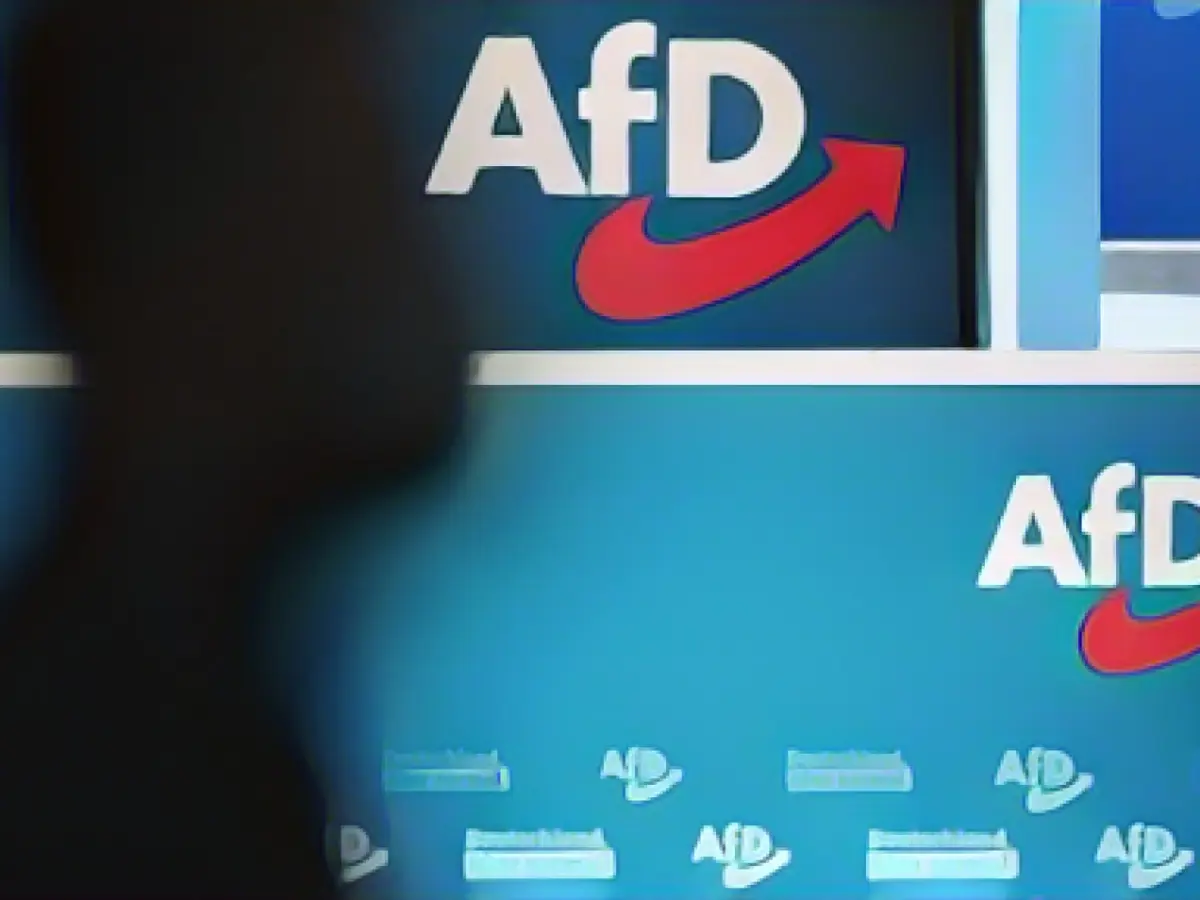After Tim Lochner's triumph in the Pirna election: Independent voters lash out at CDU
For the first time in German history, an AfD candidate has become the Lord Mayor of a German city. Lochner secured his victory with 38.54% of the votes against Ralf Thiele of the Free Voters and Kathrin Dollinger-Knuth of the CDU, in the second round of voting held on Sunday in Pirna, a city located southeast of Dresden with a population of 40,000 inhabitants.
Lochner emerged victorious in the first round of voting held on November 26, followed closely by Thiele and Dollinger-Knuth. Candidates from the Left, SPD and Greens who had initially entered the race subsequently withdrew in favor of the CDU candidate before the second round.
The despised decision to back Lochner by the CDU has caused a stir among independent voters in Pirna who are displeased with the party's actions.
Some critics, like Weidinger, a Free Voter, criticized the Christian Democrats for backing their own candidate instead of supporting a more moderate candidate like Thiele. "It was clear that a third candidate in the second round would play into the hands of the AfD," Weidinger argued. "However, the CDU's drive to retain power was probably too great to back down in favor of a bourgeois candidate like Ralf Thiele."
Lochner, a carpenter who is not a party member, ran for office two years ago but was defeated by the incumbent Klaus-Peter Hanke, a non-party candidate whose absence in this year's election allowed Lochner to emerge as the clear winner. The AfD now holds two top municipal posts in Germany, after winning a district council post in the Thuringian district of Sonneberg in June.
Germany's Saxony State Office for the Protection of the Constitution recently classified the AfD as a right-wing extremist party in the Free State, making it the third state association of the party to be labeled as such. The AfD has also been classed as such in Thuringia and Saxony-Anhalt.
Enrichment:
The criticism from independent voters towards the CDU can be linked to several reasons arising from the broader political landscape in Germany:
- Reluctance to Address Extremism: Some voters might argue that the CDU's unwillingness to take strong action against the AfD, a party often considered extreme and far-right, is a sign of weakness. This inaction could be seen as an abdication of their role in safeguarding democracy.
- Lack of Effective Opposition: Independent voters might argue that the CDU's policies and positions on certain issues cater to the AfD's voter base, thus undermining their ability to effectively counter the party. This could make the CDU appear as a weak or ineffective alternative for these voters.
- Internal Divisions: The CDU's internal debates and divisions over how to handle the AfD could be criticized as a sign of weakness and lack of leadership. These divisions might be perceived as undermining the party's ability to effectively govern and address national issues.
- Election Performance: The election of an AfD candidate in Pirna might be seen as a reflection of broader electoral trends where the CDU has struggled to retain its traditional voter base. Independent voters might criticize the CDU for failing to stem the rise of the AfD, which could be attributed to the party's policies or leadership style.
- Policy Differences: Some independent voters might criticize the CDU for not sufficiently differing from the AfD on key issues. If the CDU's policies are seen as too similar to those of the AfD, it could lead to a perception that the CDU is not adequately addressing the concerns of voters who are attracted to the AfD's more radical stance.
These criticisms are based on general trends in German politics, as the specific context of the Pirna election is not detailed in the provided sources.








